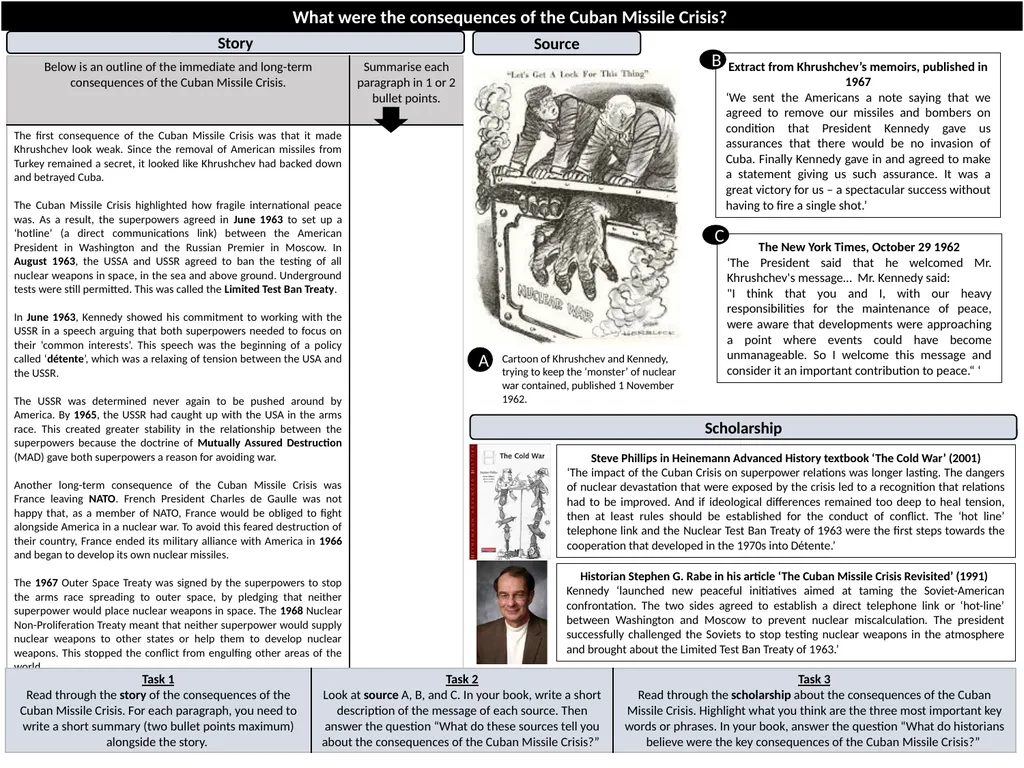
Author : pasty-toler | Published Date : 2025-08-16
Description: Extract from Khrushchevs memoirs, published in 1967 We sent the Americans a note saying that we agreed to remove our missiles and bombers on condition that President Kennedy gave us assurances that there would be no invasion of Cuba.Download Presentation The PPT/PDF document "" is the property of its rightful owner. Permission is granted to download and print the materials on this website for personal, non-commercial use only, and to display it on your personal computer provided you do not modify the materials and that you retain all copyright notices contained in the materials. By downloading content from our website, you accept the terms of this agreement.
Here is the link to download the presentation.
"Extract from Khrushchev’s memoirs, published in"The content belongs to its owner. You may download and print it for personal use, without modification, and keep all copyright notices. By downloading, you agree to these terms.













